
The Love of Books: A Sarajevo Story(2011)
How a group of book lovers risked their lives to save a library during the Bosnian war
Documentary which tells the story of a group of men and women who risked their lives to rescue a library - and preserve a nation's history - in the midst of the Bosnian war. Amid bullets and bombs and under fire from shells and snipers, this handful of passionate book-lovers safeguarded more than 10,000 unique, hand-written Islamic books and manuscripts - the most important texts held by Sarajevo's last surviving library.
Movie: The Love of Books: A Sarajevo Story
Video Trailer The Love of Books: A Sarajevo Story
Similar Movies
A Walk Through Prospero's Library(en)
A short made for TV with director Peter Greenaway discussing the dazzling 3.5 minute opening sequence from his film, 'Prospero's Books'. As Prospero (John Gielgud) walks through his library, Greenaway comments on the historical, mythological, biblical & fictional characters occupying the library.
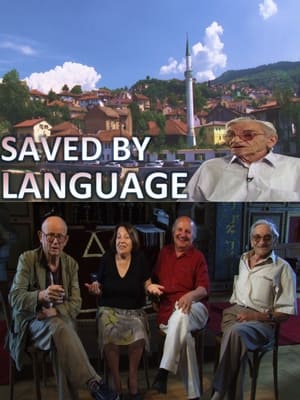 0.0
0.0Saved by Language(en)
Can a language save your life? Yes it can, even an ancient one from the 15th century. Saved by Language tells the story of Moris Albahari, a Sephardic Jew from Sarajevo (born 1930), who spoke Ladino/Judeo-Spanish, his mother tongue, to survive the Holocaust. Moris used Ladino to communicate with an Italian Colonel who helped him escape to a Partizan refuge after he ran away from the train taking Yugoslavian Jews to Nazi death camps. By speaking in Ladino to a Spanish-speaking US pilot in 1944 he was able to survive and lead the pilot, along with his American and British colleagues, to a safe Partizan airport.
Bosnia!(bs)
The carnage in Sarajevo provides the focus of this French documentary which seeks to call attention to the terrible conflict in the hopes of finally ending it. The film is divided into five parts. Each part covers a time frame ranging from April 4, 1992, the beginning of the war, to the present. The major issues that occur are three-fold. It depicts the systematic genocide of Bosnians, the silence of Western countries, and the determination of the Bosnians to resist. They refuse to be seen as victims, even though the filmmakers portray them so. Also included are the origins and political aspects of the war. It offers interviews with participants. It also reveals how the U.S. State Department censored reports about Serbian death camps.
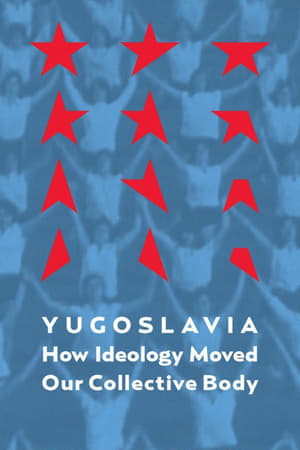 6.3
6.3Yugoslavia: How Ideology Moved Our Collective Body(sr)
A research-based essay film, but also a very personal perspective on the history of socialist Yugoslavia, its dramatic end, and its recent transformation into a few democratic nation states.
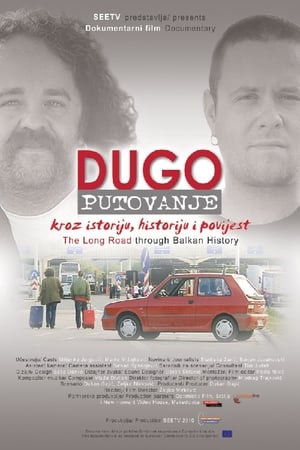 0.0
0.0The Long Road Through Balkan History(en)
Bosnian Croat writer Miljenko Jergović and Serbian writer Marko Vidojković replace one another by the steering wheel of Yugo, a symbol of their common past while driving on the Brotherhood and Unity Highway that stretched across five of six republics of Yugoslavia.
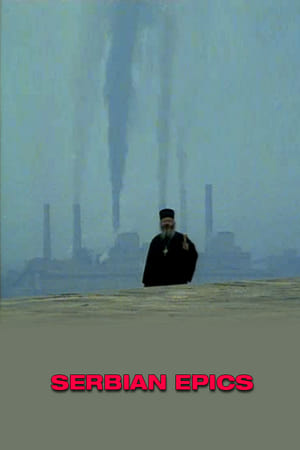 5.5
5.5Serbian Epics(en)
Paul Pawlikowski's award-winning documentary on life behind Serbian lines in Bosnia. The film observes the roots of the extreme nationalism which has torn apart a country and provides a chilling examination of the dangerous power of ancient nationalist myths.
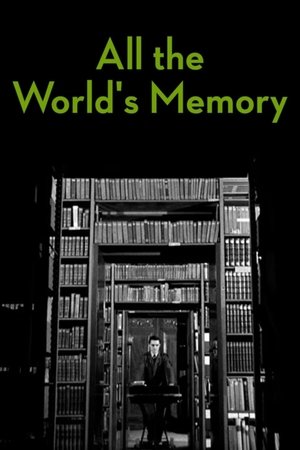 7.0
7.0All the World's Memory(fr)
Toute la mémoire du monde is a documentary about the Bibliothèque Nationale in Paris. It presents the building, with its processes of cataloguing and preserving all sorts of printed material, as both a monument of cultural memory and as a monstrous, alien being.
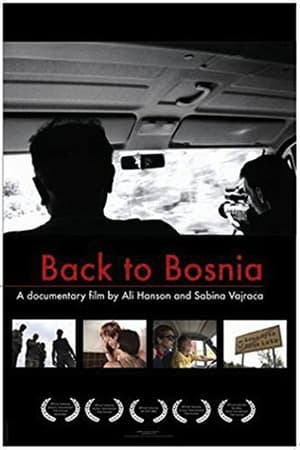 7.0
7.0Back to Bosnia(en)
Filmmaker Sabina Vajraca documents her Bosnian Muslim family's return to their home of Banja Luka, Bosnia, to recover their stolen belongings many years after being forced to flee to the United States. In Bosnia, they witness the devastation of the city, visit war crimes sites, and confront the family that has been living in their former apartment -- with all their furnishings -- for a decade.
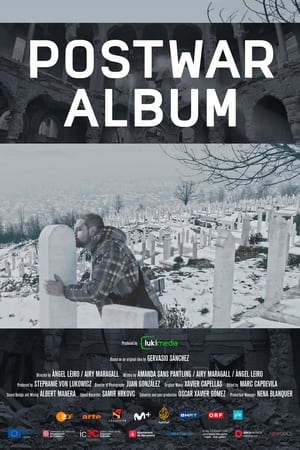 7.0
7.0Postwar Album(es)
Winter 2019. Spanish war photographer Gervasio Sánchez, who documented with his camera the long and tragic siege of Sarajevo during the Bosnian War (1992-95), returns to the city in search of the children he met among the ruins, those who survived to grow up, live and remember.
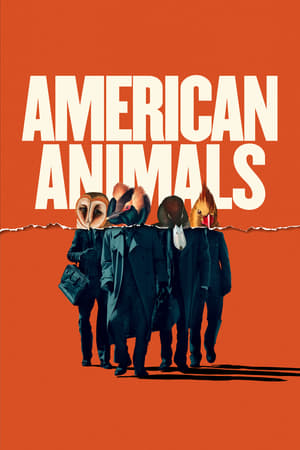 6.7
6.7American Animals(en)
Lexington, Kentucky, 2004. Four young men attempt to execute one of the most audacious art heists in the history of the United States.
The People's Palace: A Portrait of the New York Public Library(en)
With a mission of collecting, preserving and making accessible the materials of human culture, the New York Public Library plays a vital role in the cultural life of the Big Apple. This film provides a multifaceted portrait of the institution. Viewers will learn about the library's history, collections and research centers as well as the individuals charged with upholding its mission while always keeping an eye to the future.
In the Shadow of War(en)
The compelling stories of four young people as they struggle to survive a war that ended nearly 20 years ago. The physical conflict is over - but its psychological impact continues. Can they break the cycle of violence?
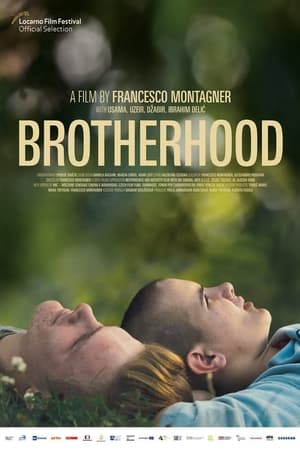 7.1
7.1Brotherhood(cs)
Jabir, Usama and Uzeir are three young brothers in a Sunni family of shepherds. Since childhood, their father Ibrahim has rigidly trained them in the principles of the Quran and has filled their minds with stories of the Bosnian War.
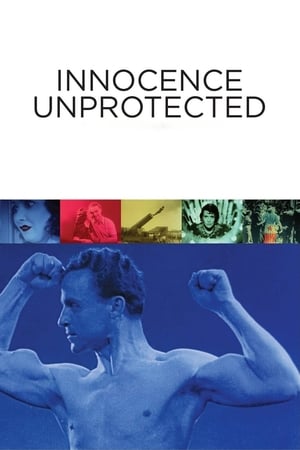 7.0
7.0Innocence Unprotected(sh)
A documentary about the famous athlete and movie enthusiast who made Serbia's first sound film, Innocence Unprotected. The Nazi occupation of Belgrade prevented the film from gaining wider acclaim. Director Makavejev intersperses clips of the original film with interviews of surviving cast and crew members, as well as newsreel and archival footage.
Sky Above Srebrenica(de)
On 11th of July 1995, the most mortifying crimes after World War II in Europe destroyed the Bosnian town of Srébrenica. Shootings and deportations beyondimagination were preceded by a betrayal of humaity: while 40,000 civilians were looking into the sky of Srébrenica, waiting for a sign from the international community, guaranteeing their protection, the headquarters of the United Nations decided to surrender. The betrayal kill 8,372 men, women and children. Sky above Srebrenica (101 minutes) is based on protocols of the secret crisis meetings of the UN headquarters. In a unique way never before released original material of the consequences is shown next to those who are responsible for these.
 0.0
0.0The Librarians(en)
Librarians unite to combat book banning, defending intellectual freedom on democracy's frontlines amid unprecedented censorship in Texas, Florida, and beyond.
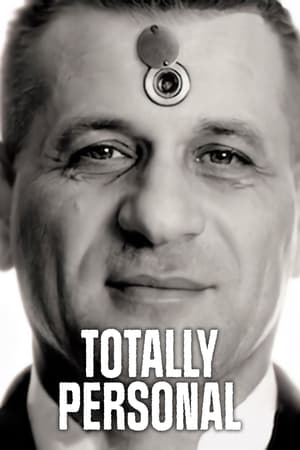 6.1
6.1Totally Personal(bs)
Totally Personal creates a historical document both droll and touching out of Begovic and his family's memories, meditations, and observations. The history begins in the communist era, continues through the war that ravaged the former Yugoslavia and into today's post-war period.
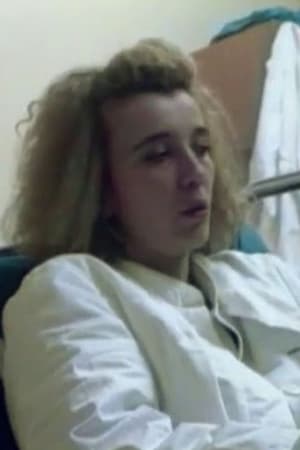 7.0
7.0The Living and the Dead of Sarajevo(fr)
Sarajevo was under siege already 9 months when Radovan Tadic flew there with a UNO machine to take pictures of misery and destruction in a city, in which dread is part of everyday life. He lets people talk about their desperate situation and repeatedly the dismay about the hatred between former neighbors. We see pictures of a wedding, interrupted by gun fire, an emergency operation on a soldier is interrupted by a woman's delivery, children disassemble a theater to get firewood. -- A dramatic appeal against carelessness and forgetting.
Yours Truly, SEXYMAJA(sr)
In the summer of 2005 a sensation appeared on domestic social networks in the form of a blog titled “Maja in a brothel.” The author of this blog, whose nickname was “sexymaja”, identified herself as a girl from Belgrade, who has just started in the prostitution business. She soon became one of the most popular persona on the web, entertaining numerous readers with witty and provocative descriptions of the clients she had met. However, after her mysterious disappearance from the scene, suspicions were aroused about the identity of this person. The blog community points a finger at a ghostwriter, who was allegedly responsible for the entire conspiracy. He admits it, but without much hesitation also leads us to its inspiration – a girl who’s actually lived through it all.
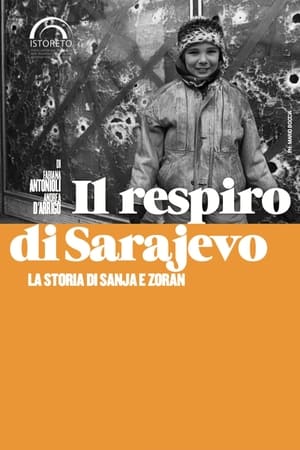 0.0
0.0Il respiro di Sarajevo(it)
The extraordinary story of Sanja and Zoran, a couple who in 1993 fled and survived the siege of Sarajevo, the longest war in 20th century history, to find refuge in Italy, in Turin. In their life experience, past and present come together to give voice to friendship and hope, reflecting on war, prejudice, tolerance and acceptance.

